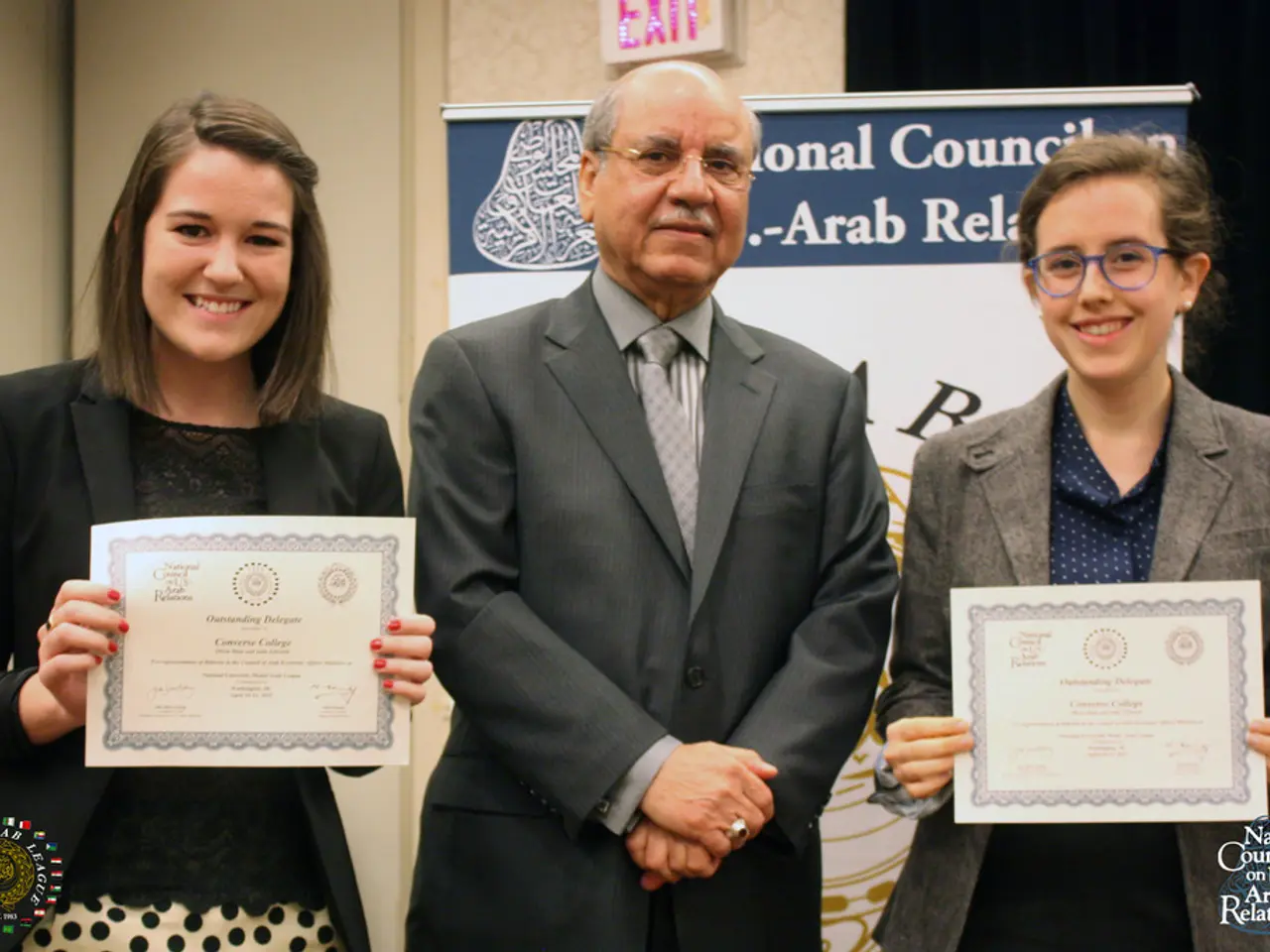Essential Documents to Keep Permanently: A Comprehensive Guide for Lifelong Record-Keeping
In the digital age, it may be tempting to rely solely on digital copies of important documents such as real estate deeds and marriage certificates. However, the value of original paper documents cannot be understated, particularly in legal and official processes.
Original paper documents, with their signatures, stamps, and notarizations, serve as authentic legal proof of rights, identity, and ownership. Unlike digital files, which can be easily altered or forged, paper originals carry more reliable legal weight. This is especially true in legal or official processes, where document authenticity and verification are paramount.
The long-term use and retention of certain documents are also essential. Real estate deeds and marriage certificates, for instance, may never lose their importance because they evidence permanent rights or status. Legal records often need to be retained for many years—sometimes indefinitely—due to laws or statutes of limitations.
Paper documents offer protection from digital risks as well. They are not vulnerable to cyberattacks, data corruption, or accidental deletion, making them a more secure form of long-term archival if stored appropriately in safes or secure facilities.
Physical copies also allow for direct markup or notes when needed for legal review or amendments, which can be relevant during dispute resolution or personal record keeping. Moreover, proper physical storage guards against risks such as theft, loss, fire, and flooding, ensuring that critical identity and ownership papers can be recovered without depending solely on digital backups.
In summary, original paper documents provide irreplaceable legal proof and security that justifies their careful preservation for many years, often indefinitely depending on the document type and legal context. The loss or destruction of these initial physical carriers can lead to significant financial losses and bureaucratic pitfalls, and may even hinder the resolution of family and inheritance disputes.
Experts advise against disposing of certificates, contracts, agreements, and other originals. Keeping original paper certificates, archival copies of deals, and official certificates can help protect against bureaucratic pitfalls and significant financial losses, and also aid in resolving family and inheritance disputes.
In light of these considerations, it is crucial to prioritize the preservation of original paper documents, especially for real estate and marriage certificates. Notaries and legal experts emphasize the importance of these physical copies in resolving equally important issues, and advise against assuming that all state registries are synchronized or that discrepancies between electronic and paper data are uncommon.
In some cases, old papers saved after significant life events, such as a divorce, can be valuable in verifying property ownership. For instance, in Krasnoyarsk, a man had to verify his property ownership duration due to old papers saved after his divorce, which helped correct an error in minutes. Similarly, a typo in an electronic registry required a client in Perm to travel and prove his surname using an original certificate.
In conclusion, the value of original paper documents in our digital age cannot be overstated. Their authenticity, longevity, security, and ease of access make them indispensable in legal and official processes, and in protecting against potential financial losses and bureaucratic pitfalls. Therefore, it is essential to prioritize the preservation of original paper documents, especially for real estate and marriage certificates.
Maintaining original paper documents, such as real estate deeds and marriage certificates, is crucial, as they offer legal proof, security, and long-term protection against digital risks and misinformation. Furthermore, preserving these original physical documents can aid in resolving family and inheritance disputes, as well as prevent significant financial losses and bureaucratic pitfalls.




